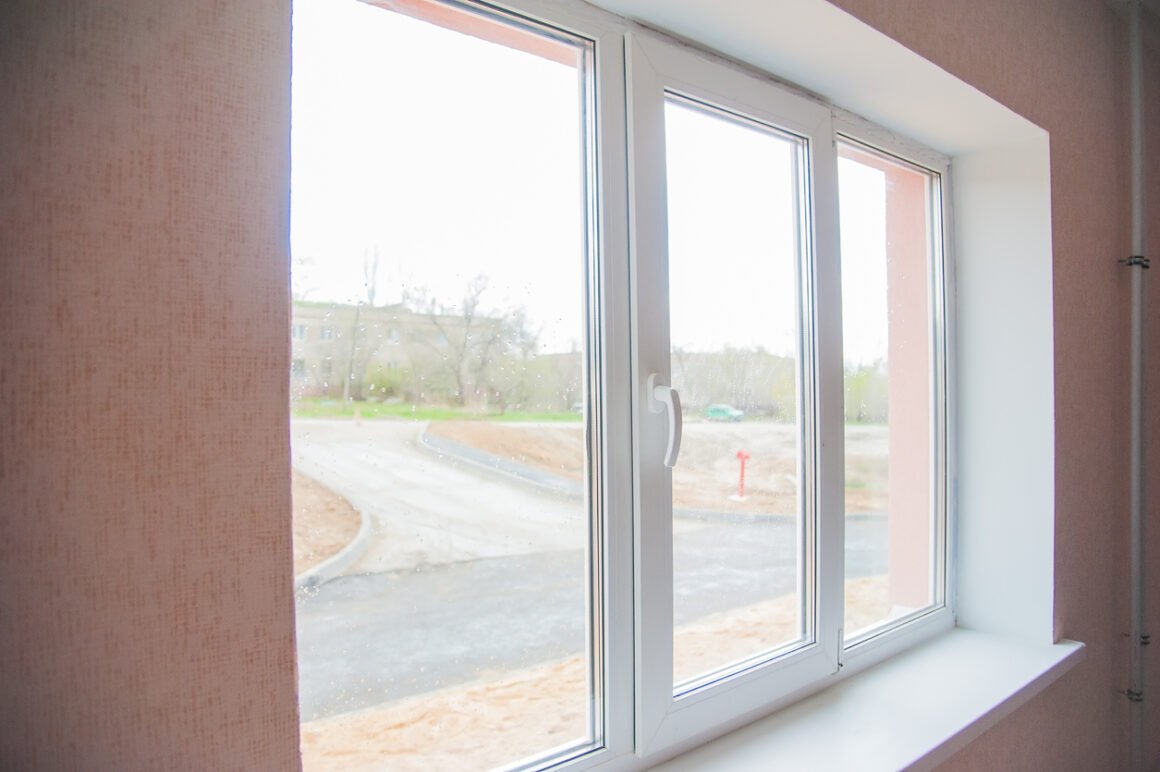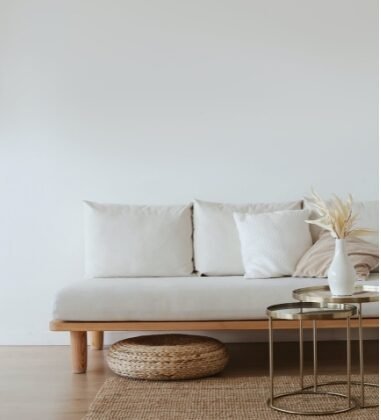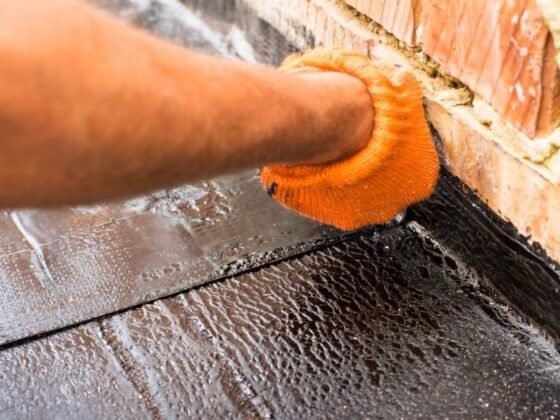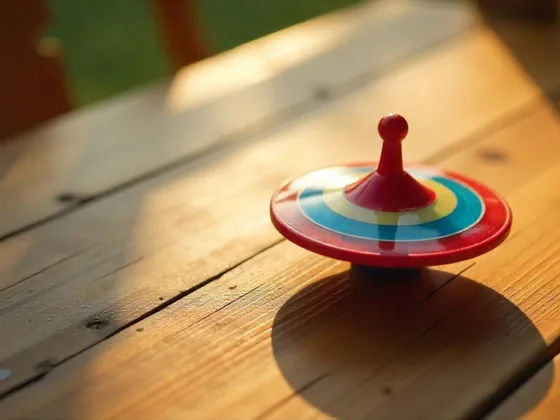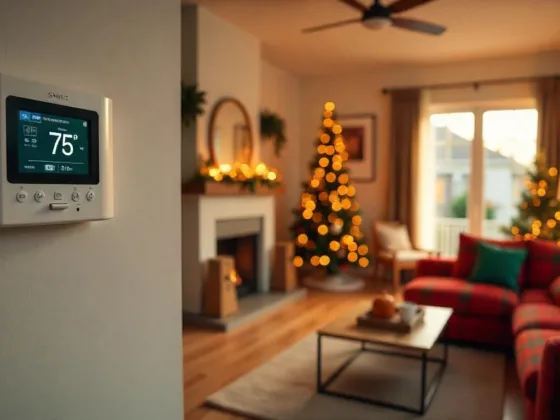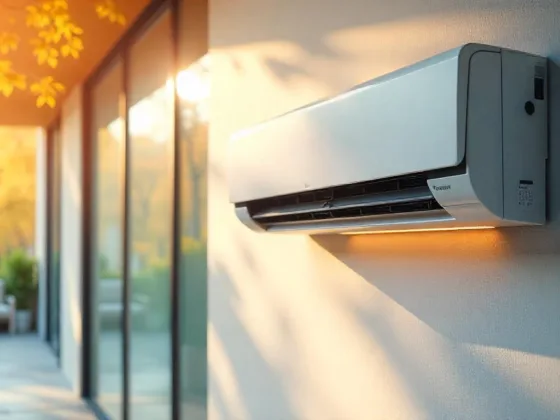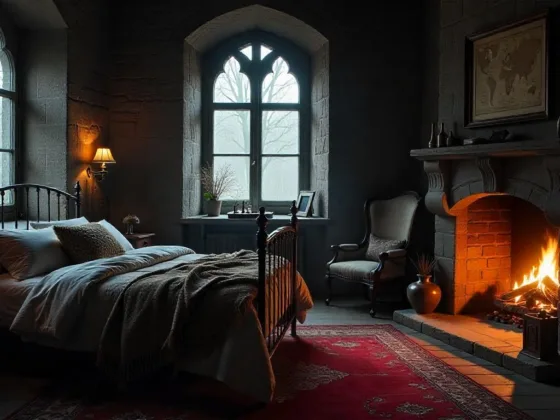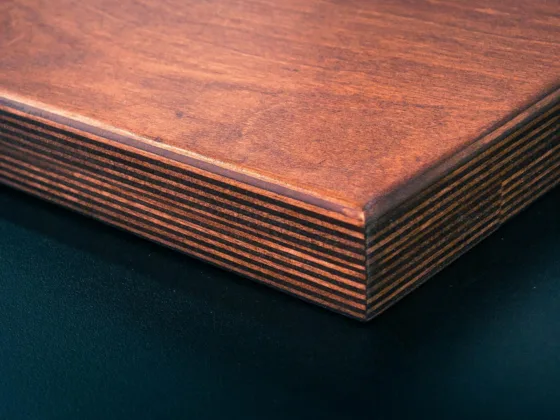Table of Contents Show
We all understand the importance of good window installation. Having not properly installed windows can damage your house, window seals to break, causing drafts and moisture build-up, window panes falling out, or even worse, window glass shattering.
There are many factors to consider when buying new windows for your home. Some you might not have thought of before but are important for proper window installation.
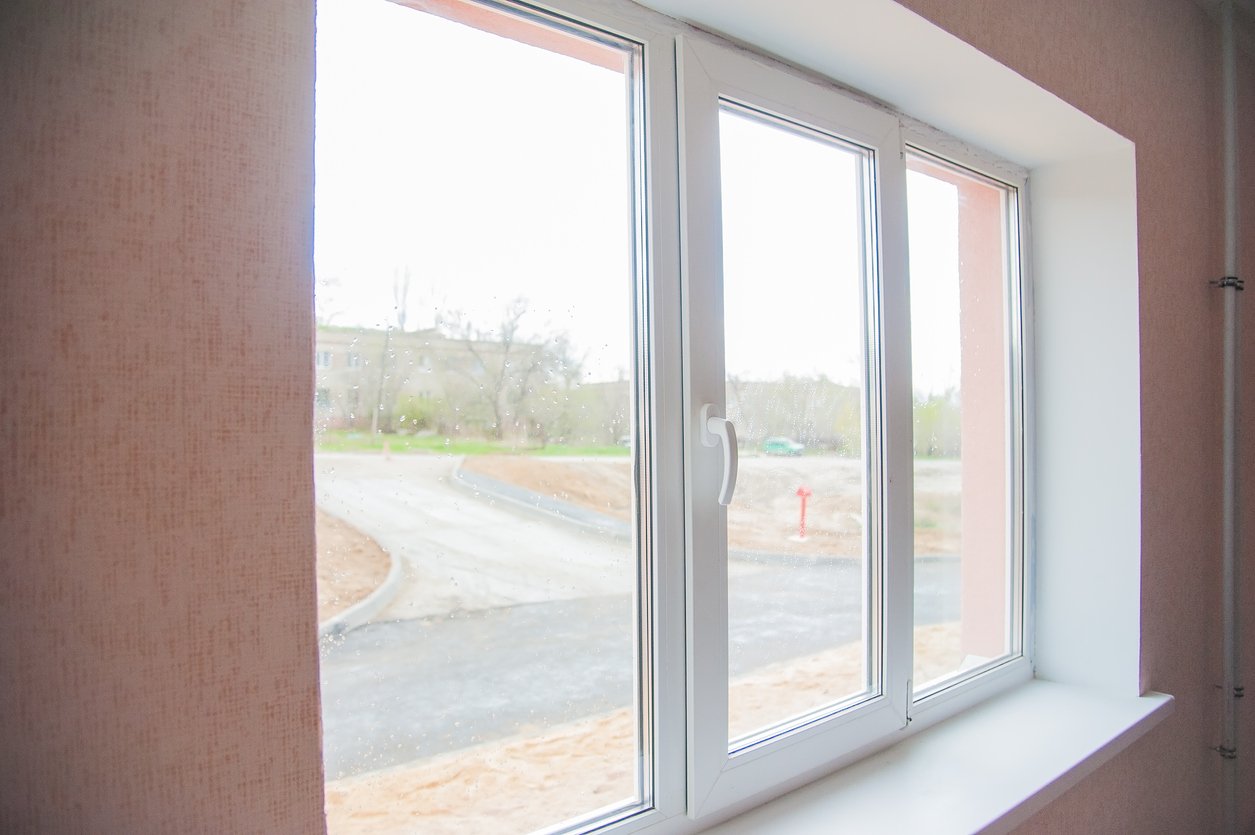
1. How Energy Efficient Do You Want Your Window to Be?
A window will only seal the room well if it can keep cold and warm air from escaping or entering through openings in it, such as cracks where the window meets the walls of a building.
Heating and cooling account for 50-70% of your home’s utility costs, so when looking for windows, consider what type of insulation they have that would best suit your needs.
Energy-efficient windows usually have multiple panes separated by a tiny pocket of air which is safer for pets and children who may try to get them out. Air doesn’t transmit heat nearly as well as glass, so the tiny pockets work better than one big window pane would.
Energy efficiency doesn’t mean you have to break the bank, either. New window construction has been growing in popularity due to insulation and window design development, which is a win-win for both your wallet and the environment.
If your window is going to be an energy hog, then look into window treatments that can reduce heat transfer, such as window tinting or window film that insulates against heat transfer.
2. What Style of Window Suits Your Home?
Besides making a house feel more comfortable by giving it a personal touch, lighting also makes a huge difference in how warm or cold an interior space feels when occupied later at night. Windows with larger panes provide more sunlight, so consider what type of window best fits your home.
Suppose your window style is on the smaller side. In that case, having curtains or window blinds can provide you with an opportunity to create multiple layers of window treatments for more insulation and energy efficiency.
Read Also:
3. How Involved are You?
Some window companies will allow homeowners to pick out their window design preferences before installation, which means it may be easier than expected to make a window match a room’s decoration scheme.
However, others will install a window as they see fit. If you want a specific window design, only consider this option if it will be easy enough for you not to worry about how it looks upon completion.
Keep in mind that once the window is installed, it may need occasional maintenance such as window cleaning or window repair whenever necessary.
4. How Much Do You Have to Spend?
Besides the window design, homeowners should consider their budget for new windows as it can influence window installation choices.
Different types of window materials and window designs cost different amounts: window pane replacement costs around $200-300, while a window with sturdy wood construction and double panes may run above $1,000; picture window installation costs around $450-800, while standard bay window installation may be around $500-800; vinyl replacement windows cost between $250-350 per window unit.
The price difference is based on what material is used and the window’s overall size concerning its window panes and window frame.
5. How Much Window Cleaning Will Your Window Need?
The last thing to consider when buying new windows is how many windows cleaning they’re going to need once installed, as well as what types of window treatments you can use that won’t obstruct the window’s visibility too much.
If you plan to use curtains or blinds, be sure to buy ones with a cordless lift so they won’t get in the way of window cleaning. Also, consider any window treatment preferences for energy efficiency and room design before installation so it’ll fit right in with the rest of your home and its window treatments.
Buying a new window can be tough. There are so many different types of windows to choose from, and there is no one-size-fits-all when it comes to the right type for your home.
We’ve put together this guide on some things you should consider before making any decisions about which type of window is best for you and why to ensure that you get exactly what you need without wasting money or time down the line with something that doesn’t meet your needs.
